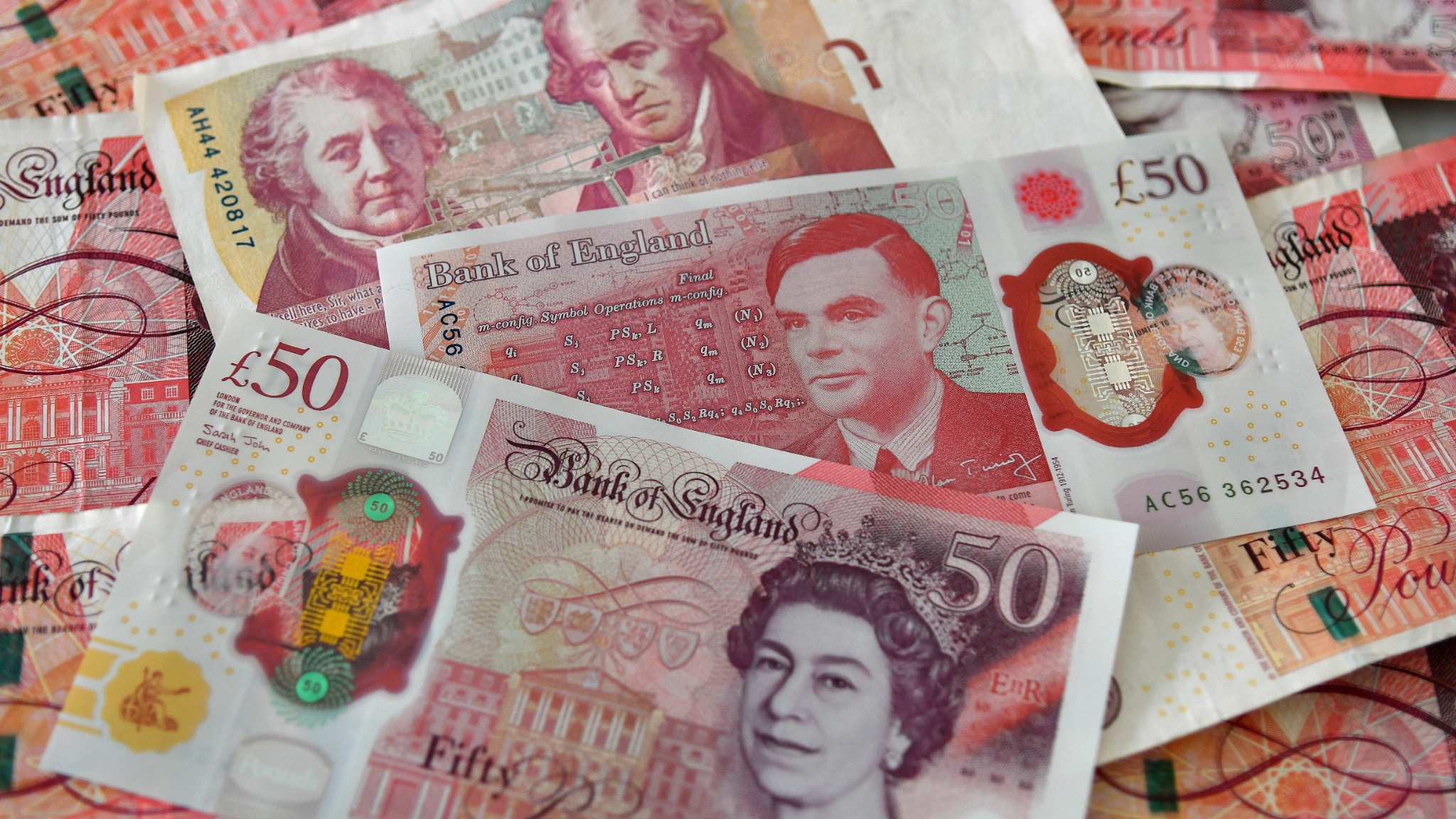Historic pound sterling on the dollar and, according to some, the worst is yet to come: the markets are frightened by the new Truss government's tax cuts and spending measures, which undermine confidence in the country.
Thus, faced with fears of a deep recession in the UK, after the new chancellor of the exchequer, Kwas Kwarteng, presented the disputed tax cut plan, the pound lost nearly 5%, hitting an all-time low against the dollar. .
At one point, in the opening of trading on Asian markets, it lost more than 4% to a record 1.0327 against the dollar, widening the 3.6% drop last Friday, when Kwarteng announced the historic tax cut. and, to pay it off, the largest increase in loans since 1972
.
In fact, the pound has lost nearly 7%
since Liz Truss became premier three weeks ago.
For economists and investors, Truss lost financial credibility by announcing such a plan only the day after the Bank of England raised interest rates to contain rising inflation.
Now traders are preparing for another day of market turmoil;
but analysts predict that the pound will soon hit a new all-time low against the dollar and is likely to hit par.
Warteng's so-called 'mini-budget' aims to get the economy out of a period of double-digit inflation, freeze energy bills, lower taxes and deregulate the banking sector.
The government has also announced restrictions on the right to strike and an increase in public lending.
Markets reacted to the announcement, which overlapped recession forecasts for the country, and government bonds plummeted.
In total, the plan will require an additional £ 72 billion of public loans in the next six months alone.
Kwarteng added on Sunday that he is considering further tax cuts, despite growing concern over the UK's credit rating cut.
Britain's outlook is currently deemed stable by the three major rating agencies - S&P, Moody's and Fitch - but now, according to analysts, "
there is a risk of a possible shift to a negative outlook when ratings are revised" on 21 October and early December.
A downgrade would further increase borrowing costs, which have already reached their highest level since 2011 and in the wake of the financial crisis.
Investors began selling pounds on Friday after Britain's new finance minister, Kwasi Kwarteng, unveiled a controversial tax cut plan to revive the struggling economy.
The sales continued with the opening of the Asian markets, after he said he wanted to make further cuts, despite the tensions caused in the London markets, where the Ftse 100 fell by almost 2%.

